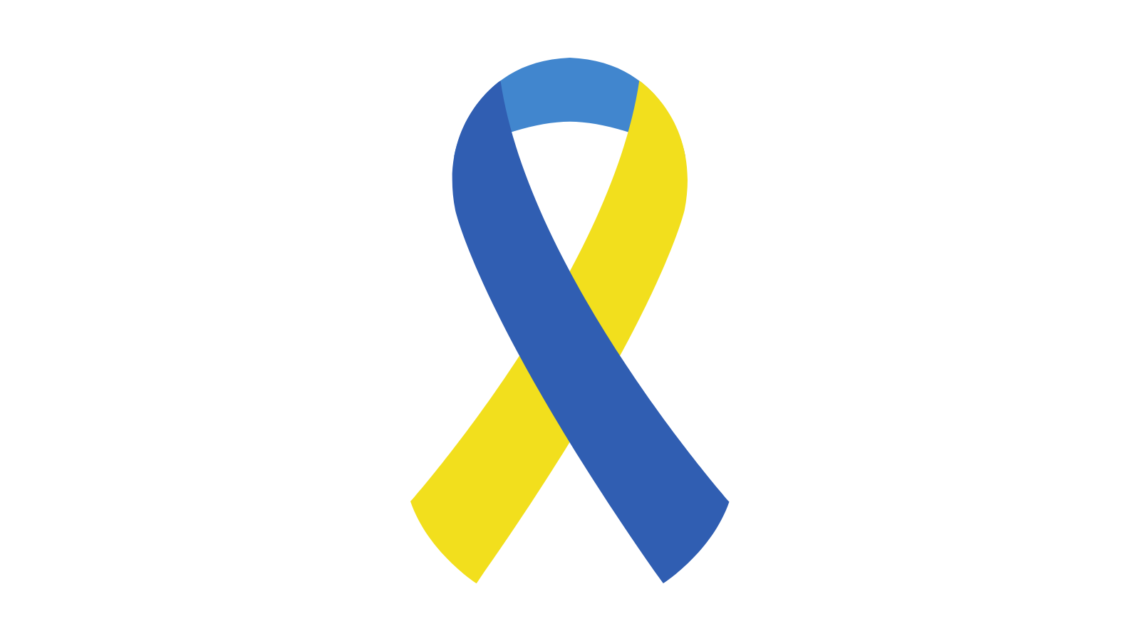
World Down Syndrome Day
In honour of World Down Syndrome Day this year, there is a rallying cry echoing across the globe, urging supporters from all walks of life to take a firm stand against the stereotypes that have long shadowed the lives of individuals with Down syndrome and intellectual disabilities. It’s an issue that, though often shrouded in silence, permeates the fabric of societies worldwide, subjecting people with disabilities to a myriad of challenges that go beyond their physical or intellectual limitations. The call to action is not merely a plea for awareness but a demand for a seismic shift in the collective consciousness, aiming to dismantle the deeply entrenched biases and preconceptions that have, for too long, dictated the narrative surrounding Down syndrome and intellectual disabilities.
Stereotypes, those oversimplified ideas about groups of people, wield a powerful influence, shaping perceptions and behaviours in profound and sometimes insidious ways. For individuals with Down syndrome and intellectual disabilities, these stereotypes are not just abstract concepts but everyday realities that frame their interactions with the world. They are often underestimated, their abilities and potential glossed over by the broad brushstrokes of societal expectations. This underestimation isn’t merely about missed opportunities or unfulfilled potential; it’s a matter of dignity and equality, fundamental human rights that are compromised when we fail to look beyond our preconceived notions.
The repercussions of these stereotypes extend far beyond individual experiences, permeating various aspects of life and leading to exclusion from educational opportunities, the workforce, and social circles. This isolation not only hinders personal development but also reinforces the very stereotypes that underpin it, creating a vicious cycle of discrimination and disadvantage. Furthermore, the treatment of individuals with disabilities can sometimes cross the line into outright abuse, both physical and emotional, as they become targets for those who see them as less than equal. Such instances are not merely tragic; they are a stark reminder of the urgency with which we need to address the root causes of discrimination and work towards a more inclusive society.
The call to action on World Down Syndrome Day is, therefore, a call to challenge our own perceptions, to question the stereotypes we might unconsciously harbour, and to actively participate in creating a world where individuals with Down syndrome and intellectual disabilities are valued for their unique contributions and are fully integrated into the fabric of our communities. It is a reminder that inclusion benefits us all, enriching our societies with diversity and opening our eyes to the myriad ways in which every individual, regardless of their abilities, can contribute to the world around them.
As we mark this significant day, let us remember that the fight against stereotypes is not the responsibility of those who are stereotyped but a collective duty that falls on each of us. It requires a commitment to education, to open dialogue, and to challenging the status quo. By standing in solidarity with individuals with Down syndrome and intellectual disabilities, we can begin to dismantle the barriers that have kept them on the fringes of society and pave the way for a future where everyone is afforded the respect, opportunities, and support they deserve. In doing so, we not only uplift those with disabilities but also move closer to realizing a more compassionate, equitable world for all.

